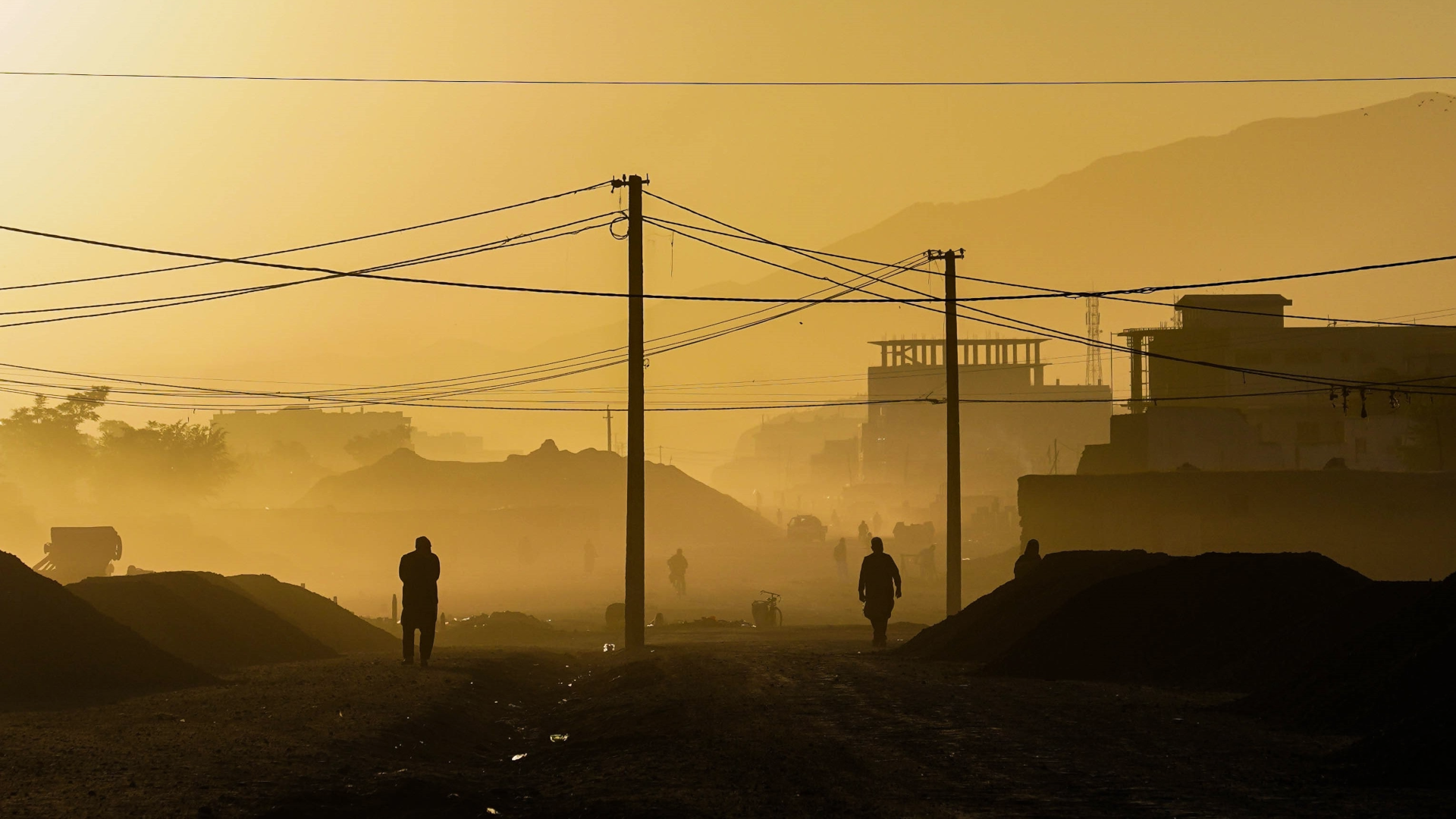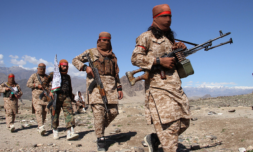The Taliban seizing power in Afghanistan has put the nation’s climate plans on hold. Threatened by food insecurity and major droughts, the region may struggle to bounce back.
The US withdrawal from Afghanistan wasn’t just a threat to citizens on a humanitarian and human rights front, it has also jeopardised prior plans to address the region’s worsening climate.
Before the Taliban’s unanointed takeover, Afghanistan’s National Environmental Protection Agency had planned a climate pledge to be submitted at COP26 this November. One that now, sadly, won’t see the light of day.
Disproportionately affected by climate change, Afghanistan is normally dry and hot for much of the year, but its central highlands reportedly saw around 40% less rain throughout last spring – a vital period for the country’s many farmers.
Despite making up a meagre fraction of carbon emissions overall, Afghanistan’s local climate has warmed by 1.8 degrees Celsius between 1950 and 2010. This is twice the global average.
Here and now, severe droughts are having knock on effects in water scarcity and food insecurity impacting more than 14 million Afghan people. All the while, extreme weather events like flash floods are popping up with worrying regularity.
At the UN Climate Conference in Glasgow, 200 world governments will come together to show their respective progress on the Paris Agreement and address areas where net zero targets are faltering.
Like previous years, the most prosperous economies will draw up plans to help developing nations cope with the effects of climate change, whilst providing the infrastructure and financial support to help them transition to clean energy.
When this takes place, there is a growing feeling that Afghanistan – one of the world’s most vulnerable nations – won’t be in the conversation. It’s truly concerning.




















